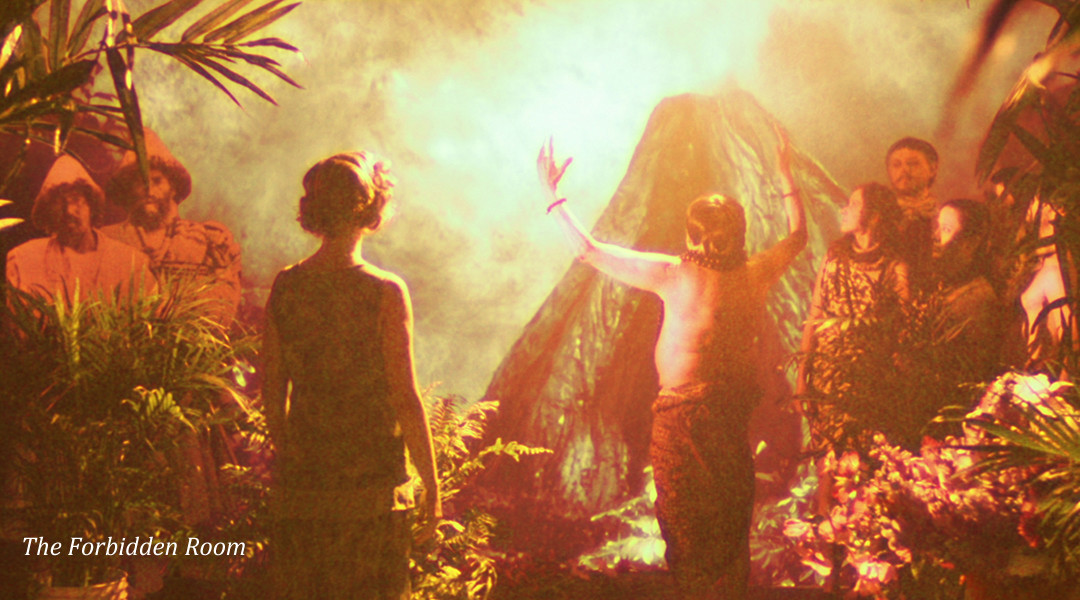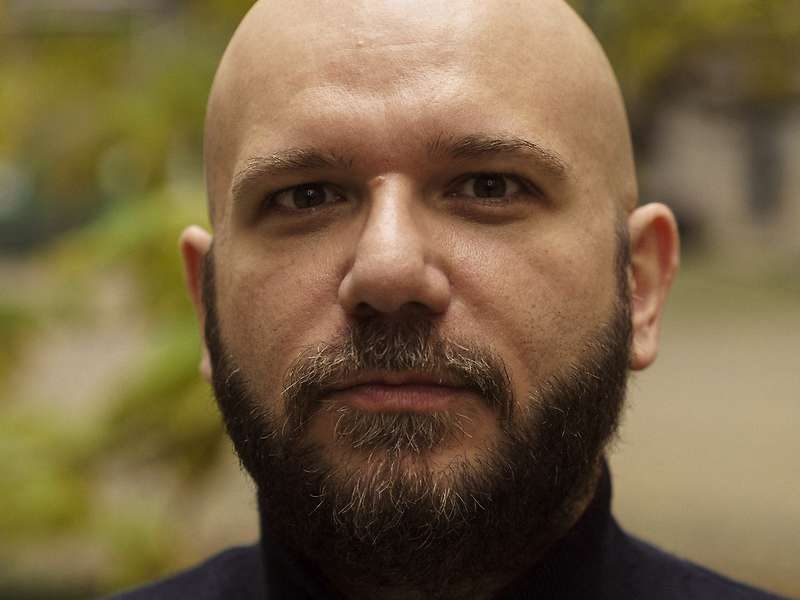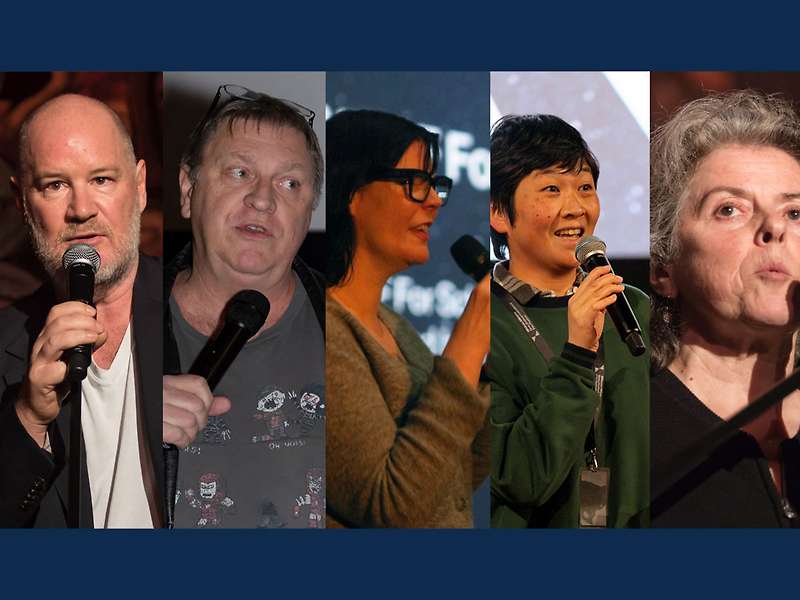Berlin 2015

Last month I attended the 65th Berlin International Film Festival thanks to the generous invitation of the Goethe-Institit. The tour programme they had organized mixed group activities with the chance to attend festival screenings and made for a hectic, enjoyable week.
My fellow tour participants came from across Southeast Asia and Australia and were a mix of filmmakers, festival programmers and film critics. On our first night in Berlin we got to know each other over pizza and pasta before making our way to the Friedrichstadt-Palast to see a replay of the opening night film, Isabel Coixet’s Nobody Wants the Night. The real opening night, happening about one kilometer away at the Berlinale Palast in Potsdamer Platz, is an invite-only, star-studded, black-tie event so the replay gave an opportunity for the Berlin public, as well as less important guests like ourselves, to wallow in the glamour of opening night. The screening also included a delayed broadcast of the festival’s bilingual award-show style hosting by German comedienne Anke Engelke. The less said about Coixet’s film the better: it certainly wasn’t the crowd pleaser of last year’s opener The Grand Budapest Hotel.
Festival guests are able to book tickets on the day and for the following day, so the first task each morning, after a hearty German breakfast, was to secure tickets for the next day. Although the ticket office opened at 8.30 am the queue would snake around the block before 8.00 am, so early morning screenings were to be avoided lest you had to juggle whether or not to stay in the queue or dash across town for a 9.30 am screening.
NZIFF programmer Sandra Reid was attending the Competition screenings so I concentrated on the more esoteric pleasures of the Forum and Panorama sidebars. One early highlight was Guy Maddin and Evan Johnson’s riotous and defiantly uncommercial The Forbidden Room. An exhilarating fever-dream of narrative tidbits inspired by the lost movies of the silent era, Maddin’s film is certainly not for everyone, but you can count me amongst the fans. Another film likely to divide audiences is Sebastián Silva’s Nasty Baby, a Molotov cocktail disguised as an American indie romantic comedy, evoking some of the uncomfortable brilliance of his debut The Maid.
More conventional, but no less compelling is 600 Miles by first-time director Gabriel Ripstein which deftly illustrates the way America’s relaxed gun laws keep Mexican drug cartels armed to the teeth. Ripstein’s film collected the Berlinales’s award for the Best First Feature. Tell Spring Not to Come This Year was an intense and moving war documentary following a battalion in the Afghan National army as they deal with the chaos left behind after Western troops have evacuated. One of the last films I saw was perhaps the best. A new film by the iconoclastic Filipino filmmaker Kidlat Tahimik, Balikbayan #1 Memories of Overdevelopment Redux III has been in the making for 35 years and tells the story of Enrique of Malacca, Magellan’s Filipino slave who was arguably the first person ever to circumnavigate the earth. A mock historical epic-cum-freeform documentary Tahimik’s film defies ready description but it’s exactly the kind of discovery that makes trips like these so rewarding.
In between screenings the Goethe-Institut organized a packed schedule, including a very entertaining bus tour of Berlin which took in some of the shooting locations of German films such as Run Lola Run and The Lives of Others, along with Hollywood films where Berlin stood in for Victorian London (Around the World in 80 Days) or Moscow (The Bourne Supremacy). We met with the head of the Berlinale Talents, which brings young filmmakers from around the world for a week of intensive training, and with the World Cinema Fund, a project that funds filmmakers from Asia, Africa and Latin America and helps team them with German co-producers.
We also had a fascinating discussion with with Dr Ralf Schenk who runs the DEFA Foundation and is also on the Berlinale’s selection committee. A final highlight was the chance to see some of the filmmaking work of my fellow attendees at our wrap-up dinner. I’m not exaggerating to say that much of the work by these young Southeast Asian filmmakers ranked highly with what I had seen over the previous week, making it a perfect cap to my Berlinale experience for 2015.



